Latest Advances in Dementia, Alzheimer’s & Cognitive Aging for Neurologists
Enroll in the course and gain instant access to materials
Explore foundational and advanced neurology topics through dynamic and engaging video modules.
Apply your knowledge in clinical practice with confidence and precision
This two-day symposium will create a forum for open dialogue, discussion, and debate about the etiology, progression, and therapeutic approaches for a better understanding of cognitive aging. This event will create a lively, respectful atmosphere, engaging scientists, and clinicians around the topics of brain health in late adulthood featuring didactic presentations and poster sessions led by experts in neuroscience, psychology, and related fields. Specifically, this event focuses on current advances in etiology, biomarker assessment, treatment, and prevention of cognitive aging, such as Dementia and Alzheimer’s disease. Additional topics of the symposium include cutting edge technology for measurement approaches, cognitive reserve, and maintaining brain health into late life.
The AdventHealth International Brain Health Symposium 2024 is designed to engage a diverse audience of professionals interested in brain health and cognitive aging. Clinicians and Healthcare Providers: Physicians, neurologists, and other healthcare professionals who focus on the diagnosis, treatment, and prevention of cognitive aging and related disorders such as dementia and Alzheimer’s disease.
Why This Course is Right for You:
If you’re a neurologist or healthcare professional working with aging populations, this symposium is an essential resource for staying current with cutting-edge advances in brain health. Here’s why:
- Clinical Relevance: Gain practical knowledge you can apply immediately in diagnosing and managing cognitive aging, dementia, and Alzheimer’s.
- Expert-Led Insights: Learn from leaders in neuroscience, geriatrics, and psychology through high-impact presentations and real-world case discussions.
- Latest Breakthroughs: Stay updated on the clinical implementation of blood-based biomarkers, cognitive reserve research, and non-pharmaceutical interventions.
- Whole-Person Approach: Explore how social engagement, physical activity, and neighborhood factors affect brain health in late adulthood.
- Advance Your Practice: Deepen your understanding of disease progression, therapeutic strategies, and prevention — all grounded in the most current research.
- Flexible Learning: Access 8 expert-led sessions anytime, anywhere — with a total size of 4.52 GB of high-quality video content.
What You Will Learn from This Course
As a result of participation in this program participants should be able to
- Describe the current state of the field with respect to the importance and relevance of blood-based biomarkers for early detection of Alzheimer’s disease neuropathology.
- Discuss the physiological, behavioral, and pathological differences between Alzheimer’s disease, dementia, and normal cognitive aging.
- Determine the current impact of pharmaceutical and non-pharmaceutical approaches for the prevention and treatment of cognitive aging and Alzheimer’s disease.
- Identify therapeutic approaches for prevention and treatment of cognitive aging.
- Discuss aspects of the relationship between the study of cognitive reserve and brain health.
- Identify signs of progression in disorders associated with aging, such as Dementia and Alzheimer’s.
- Discuss the etiology of disorders associated with cognitive aging.
Topics Covered in the Course
- An Overview of Apraxia.mp4
- Blood Biomarkers for ADRDs- Towards Clinical Implementation.mp4
- Considerations and Use of Blood-Based Biomarkers for a Clinical Cognitive Diagnosis in Older Adults.mp4
- Effects of Exercise and Fitness on Brain Health in Late Adulthood.mp4
- Lewy Body Dementia- The Most Common Disease You Never Heard Of – 2024.mp4
- Promoting Cognitive and Brain Health Through Social Engagement and Neighborhood Factors.mp4
- Racial Differences in Alzheimer Biomarkers and the Role of Social Determinants of Health.mp4
- Studying Cognitive Reserve.mp4
What Others Are Saying
This symposium was like a masterclass in cognitive aging. The presentations were current, clinically relevant, and rooted in evidence. I found the overview of apraxia especially helpful, as well as the nuanced breakdown of dementia subtypes. It was refreshing to see sessions that went beyond just Alzheimer’s and addressed other conditions like Lewy Body Dementia. I also appreciated the attention to prevention — not just treatment. The sections on exercise, nutrition, and community influence offered strategies I can actually discuss with patients and caregivers. This is one of the most well-rounded courses I’ve taken on brain health in older adults. Highly recommended for anyone in geriatric medicine or neurology.
This course was a breath of fresh air. As a nurse in a memory care facility, I’m always seeking to better understand the diseases my patients live with every day. The session on Lewy Body Dementia was particularly valuable — it's a condition we see often but isn’t widely understood. The instructors did an amazing job of explaining the differences between various types of dementia and how to recognize signs early. I also loved the section on promoting cognitive health through social engagement and community design — something we can actually apply in our care center. I came away with new insights and renewed motivation to provide the best care possible.
As a psychologist working with older adults, I often collaborate with neurologists and primary care providers. This course deepened my understanding of the biological processes behind cognitive aging and dementia in a way that enhances my therapeutic approach. The discussion on cognitive reserve and how lifestyle, social interaction, and education affect brain resilience really hit home for me. I also found the session on racial disparities and social determinants to be crucial. It’s rare to find a course that integrates neuroscience, psychology, and public health so seamlessly. I now feel better equipped to contribute to multidisciplinary teams and advocate for holistic treatment plans.
This course gave me exactly what I needed — an updated, practical understanding of dementia and Alzheimer’s management. Working in geriatric care means I deal with cognitive decline on a daily basis, and this content helped me understand not only the science but also the broader picture. I now feel more confident explaining biomarker testing to families and discussing therapeutic options, both pharmacological and lifestyle-based. The sessions were well-paced, the experts engaging, and the content highly relevant. I’ve already recommended this to my colleagues. For any PA or NP in elder care, this course is worth every minute.
As a practicing neurologist for over 12 years, I’m always on the lookout for continuing education that actually adds value to my clinical work — and this course absolutely delivered. The sessions on blood-based biomarkers and cognitive reserve were groundbreaking. I appreciated how the presenters balanced cutting-edge research with clinical applicability. It wasn’t just academic jargon — they actually discussed how to interpret and implement these insights in real-world practice. I found the segment on social determinants of brain health especially eye-opening and have already started incorporating some of these considerations into my patient assessments. This course gave me new tools, a deeper understanding of cognitive aging, and a better framework for discussing treatment options with families. I highly recommend this to any neurologist who wants to stay ahead of the curve.
Don't Miss This Limited-Time Offer
BIG SALE
Get instant access for a special price-
8 Videos: 5 Hours, 18 Minutes
-
Full HD Videos
-
Lifetime Access
-
Save $405
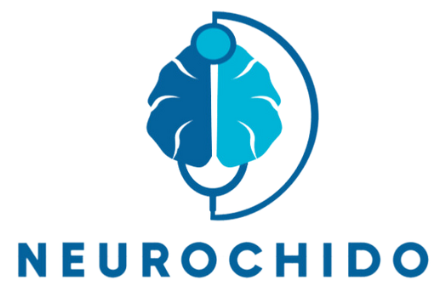
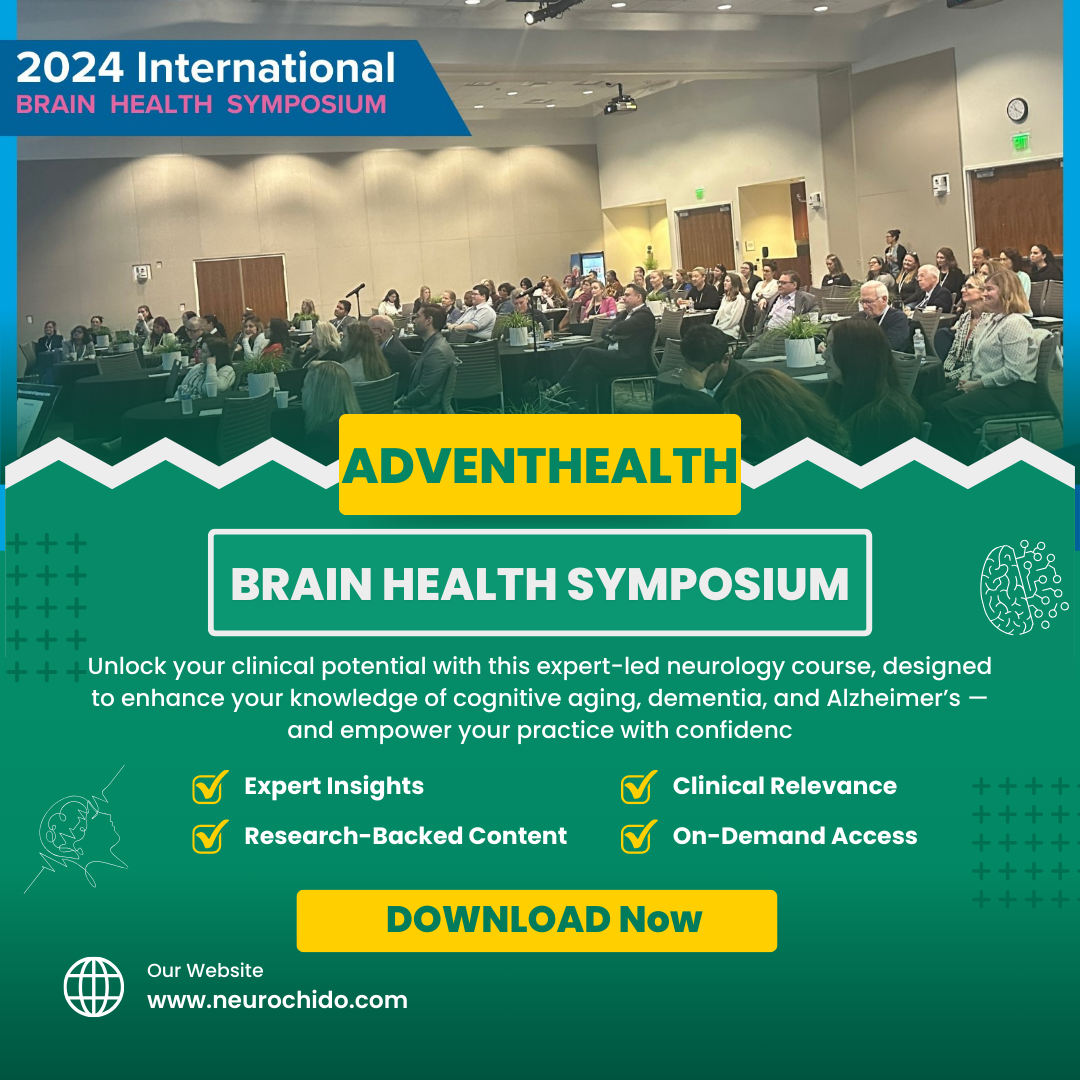
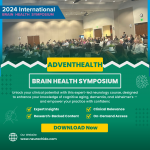
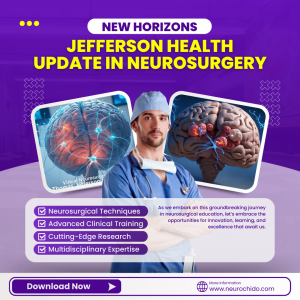
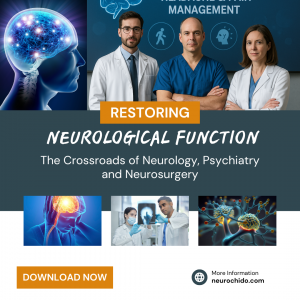
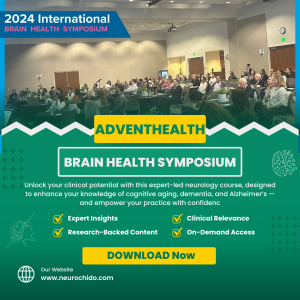
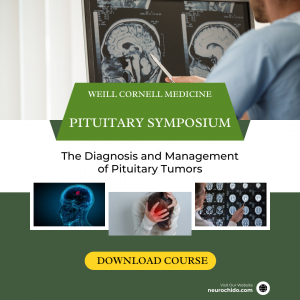
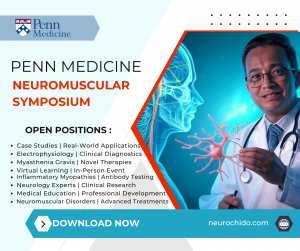
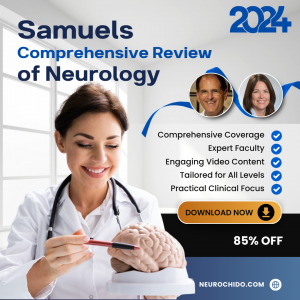
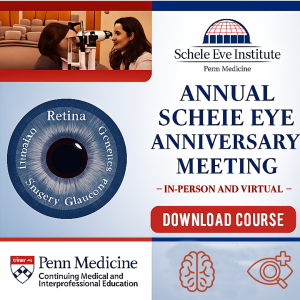
13 reviews for AdventHealth International Brain Health Symposium 2024